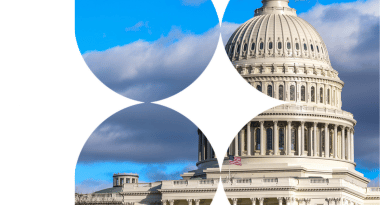Daily Market Pulse 02 Jul 2025 2 minute read
Markets Eye Fed and Tariff Moves as ADP Jobs Data Disappoints
U.S. dollar holds firm as ADP jobs data disappoints, fueling Fed rate cut speculation. Sterling drops 1% amid UK political turmoil and rising gilt yields. Markets eye July 9 tariff deadline and upcoming NFP report.
Daily Market Pulse 28 May 2025 1 minute read
U.S. Dollar Edges Higher at North American Open
The main event today will be the release of the May FOMC minutes at 2:00 p.m. ET. With most Federal Reserve officials aligned with a wait-and-see approach amid ongoing economic uncertainty, the minutes are expected to...
Daily Market Pulse 21 May 2025 2 minute read
Dollar Dips as U.K. Inflation Surges, U.S. Fiscal Risks Mount
The U.S. dollar weakens against major currencies following hotter-than-expected U.K. inflation data and growing concerns over U.S. fiscal policy. Read the full market update and analysis.
Daily Market Pulse 12 May 2025 2 minute read
Dollar Rallies as U.S.-China Trade Talks Spark Market Optimism
Explore today’s market movements as the U.S. dollar rallies on positive U.S.-China trade developments. Get insights on currency shifts, equities, and rate expectations.
Daily Market Pulse 05 May 2025 2 minute read
Investor Focus Shifts to Central Bank Commentary as Dollar Weakens
Stay informed with our dynamic market update as the U.S. dollar faces pressure from global trade uncertainties and lighter trading volumes due to holiday closures. Key earnings reports and economic data are poised to influence market volatility this week.











